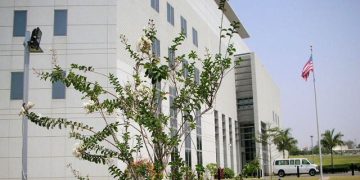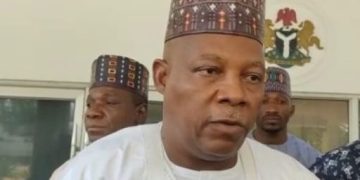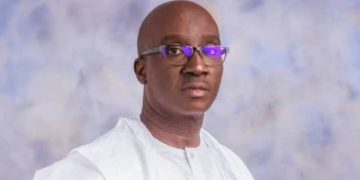Nigerians, especially traders have expressed disappointment over the latest collapse of the national grid which has thrown home and businesses in perpetual darkness.
On April 8, 2022, the national grid collapsed around 6:00 p.m., first confirmed by two of the country’s electricity distribution companies in separate messages to their customers. When the power grid collapsed across the country, soft drinks seller, Tayo Ogundapo’s trade also collapsed.
The 54-year-old sells soft drinks at the Oshodi market but much of her business depends on a regular power supply.
Mrs Ogundapo said:
There are no sales because there is no electricity everywhere.
For a small business owner like her, Nigeria’s power crisis has become a crippling inconvenience that has forced her hand to rely on diesel generators, increasing her expenses and drastically reducing her profit margin.
READ ALSO: Victims Of Owo Massacre To Get Mass Burial – Catholic Church
Amid a nationwide scarcity and rise in oil prices, getting fuel to power her generator has become a rather difficult task in recent weeks. First, she needs to find a petrol station that will sell diesel to her at the rate of N700 per litre instead of the official price of N300.
She explains:
If the drinks are not cold, nobody will buy them from me. I have not been making sales because diesel is expensive now.
Some drinks got damaged in the fridge because there is nowhere to buy diesel for N300 per litre.
The collapse of the national grid has become a pastime for President Muhammadu Buhari’s administration. Nigeria’s epileptic power supply has forced many small businesses to close shops abruptly. Businesses are often left in tatters when the epileptic power supply is accompanied by nationwide fuel scarcity.
On June 12 the day the country commemorates its Democracy Day, the Nigerian national electricity grid collapsed for the 17th time this year. Power distributors in Kaduna, Lagos and other parts of the country said they could not receive bulk electricity from the national supply line.
















